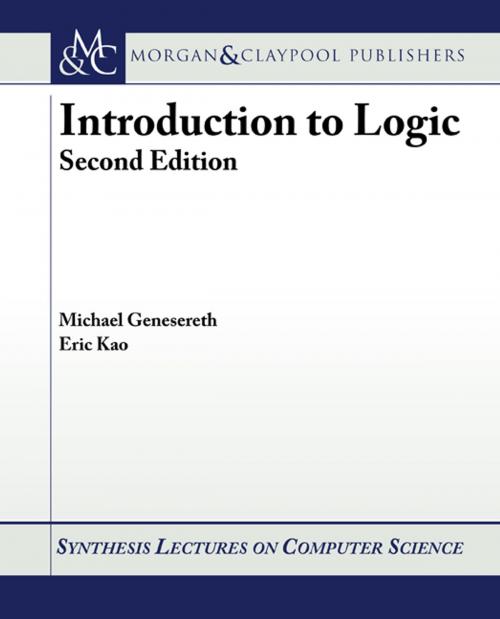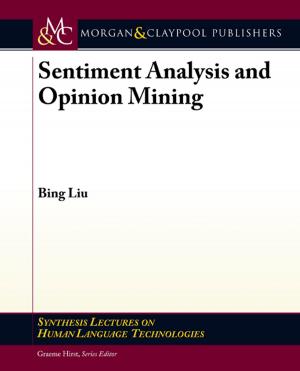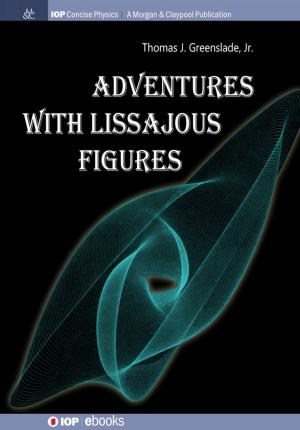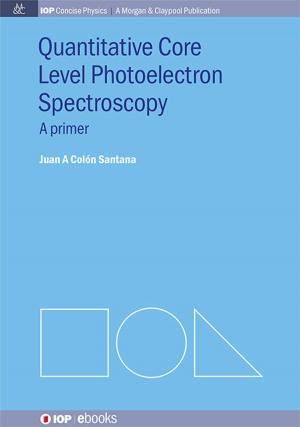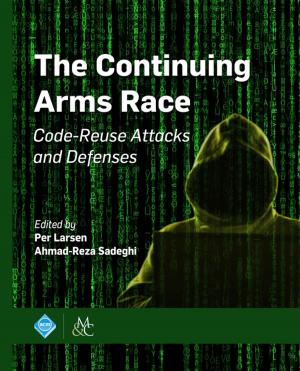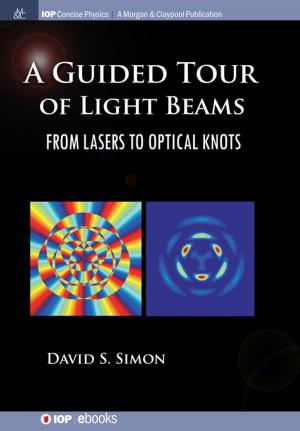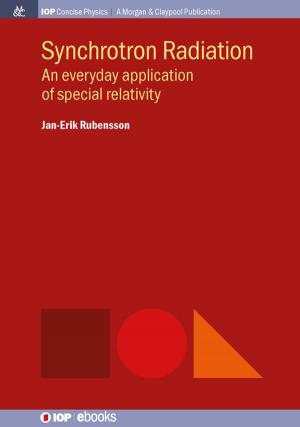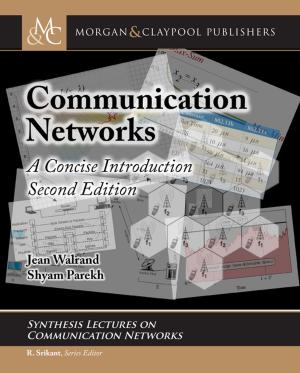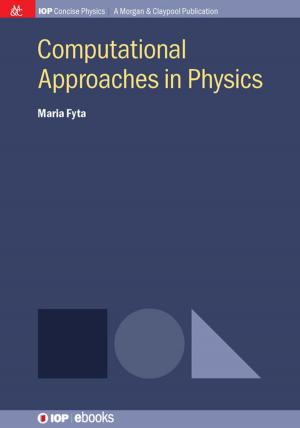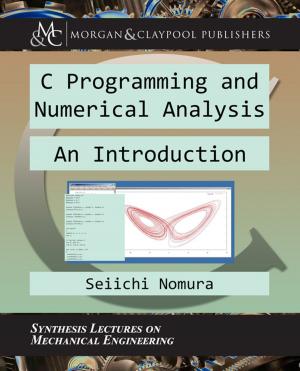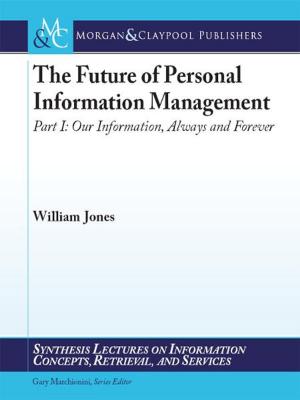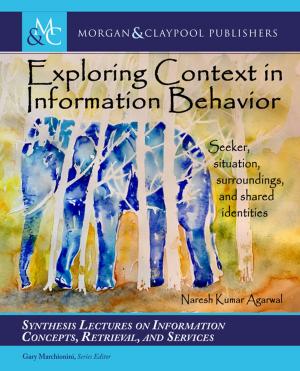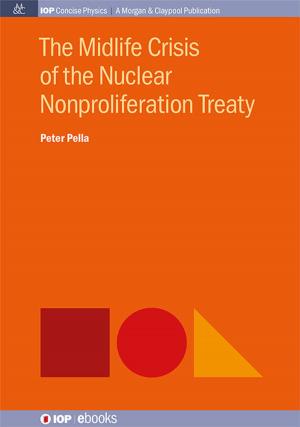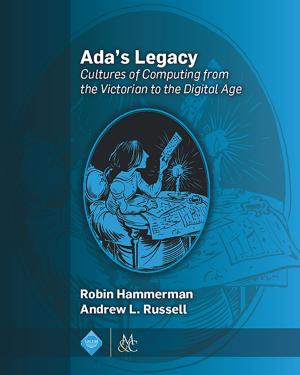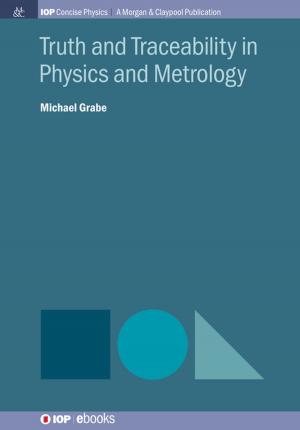| Author: | Michael Genesereth, Eric Kao | ISBN: | 9781627052481 |
| Publisher: | Morgan & Claypool Publishers | Publication: | August 1, 2013 |
| Imprint: | Morgan & Claypool Publishers | Language: | English |
| Author: | Michael Genesereth, Eric Kao |
| ISBN: | 9781627052481 |
| Publisher: | Morgan & Claypool Publishers |
| Publication: | August 1, 2013 |
| Imprint: | Morgan & Claypool Publishers |
| Language: | English |
This book is a gentle but rigorous introduction to Formal Logic. It is intended primarily for use at the college level. However, it can also be used for advanced secondary school students, and it can be used at the start of graduate school for those who have not yet seen the material. The approach to teaching logic used here emerged from more than 20 years of teaching logic to students at Stanford University and from teaching logic to tens of thousands of others via online courses on the World Wide Web. The approach differs from that taken by other books in logic in two essential ways, one having to do with content, the other with form. Like many other books on logic, this one covers logical syntax and semantics and proof theory plus induction. However, unlike other books, this book begins with Herbrand semantics rather than the more traditional Tarskian semantics. This approach makes the material considerably easier for students to understand and leaves them with a deeper understanding of what logic is all about. In addition to this text, there are online exercises (with automated grading), online logic tools and applications, online videos of lectures, and an online forum for discussion. They are available at logic.stanford.edu/intrologic/ Table of Contents: Introduction / Propositional Logic / Satisfiability / Propositional Proofs / Propositional Resolution / Relational Logic / Relational Logic Proofs / Resolution / Induction / Equality
This book is a gentle but rigorous introduction to Formal Logic. It is intended primarily for use at the college level. However, it can also be used for advanced secondary school students, and it can be used at the start of graduate school for those who have not yet seen the material. The approach to teaching logic used here emerged from more than 20 years of teaching logic to students at Stanford University and from teaching logic to tens of thousands of others via online courses on the World Wide Web. The approach differs from that taken by other books in logic in two essential ways, one having to do with content, the other with form. Like many other books on logic, this one covers logical syntax and semantics and proof theory plus induction. However, unlike other books, this book begins with Herbrand semantics rather than the more traditional Tarskian semantics. This approach makes the material considerably easier for students to understand and leaves them with a deeper understanding of what logic is all about. In addition to this text, there are online exercises (with automated grading), online logic tools and applications, online videos of lectures, and an online forum for discussion. They are available at logic.stanford.edu/intrologic/ Table of Contents: Introduction / Propositional Logic / Satisfiability / Propositional Proofs / Propositional Resolution / Relational Logic / Relational Logic Proofs / Resolution / Induction / Equality
